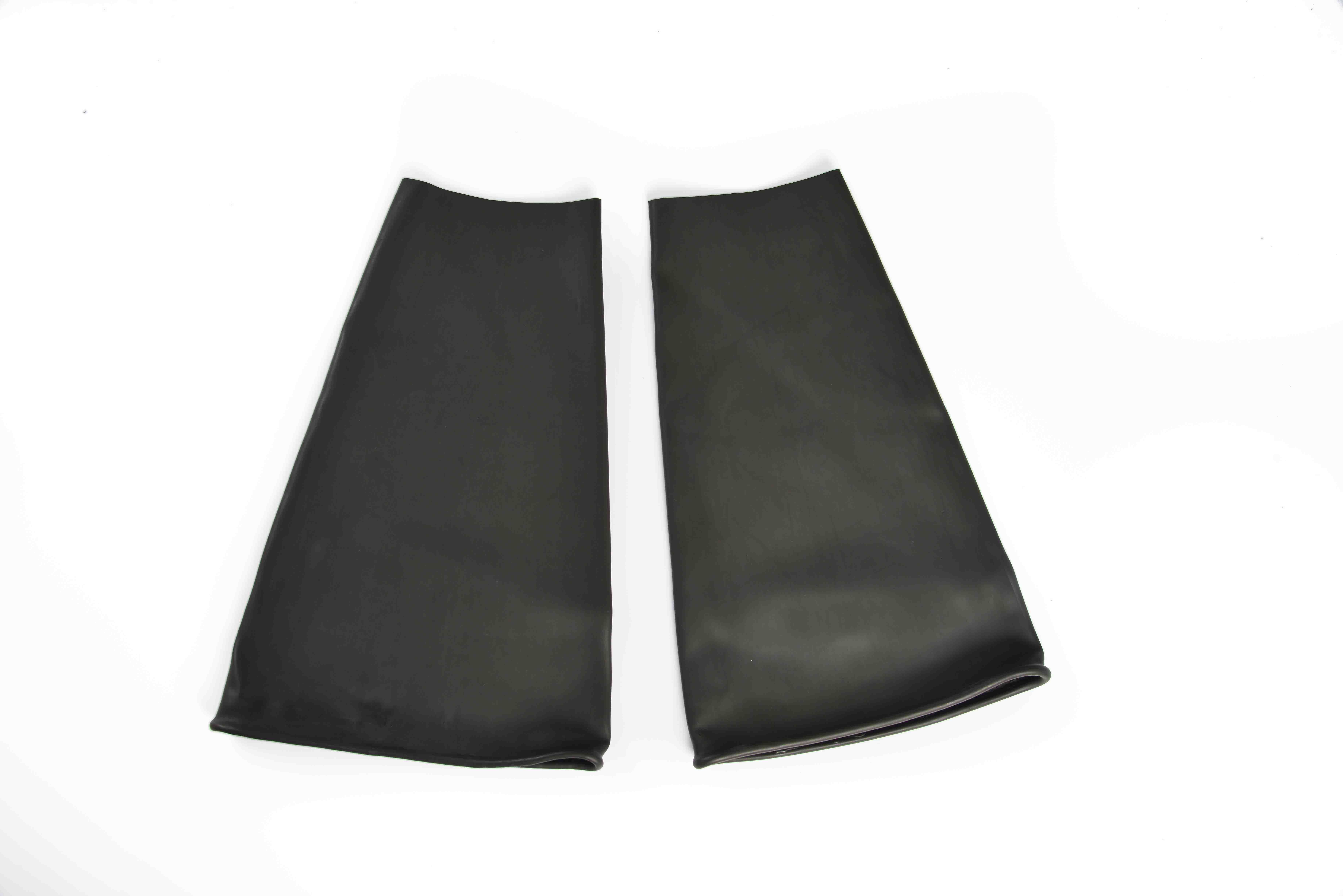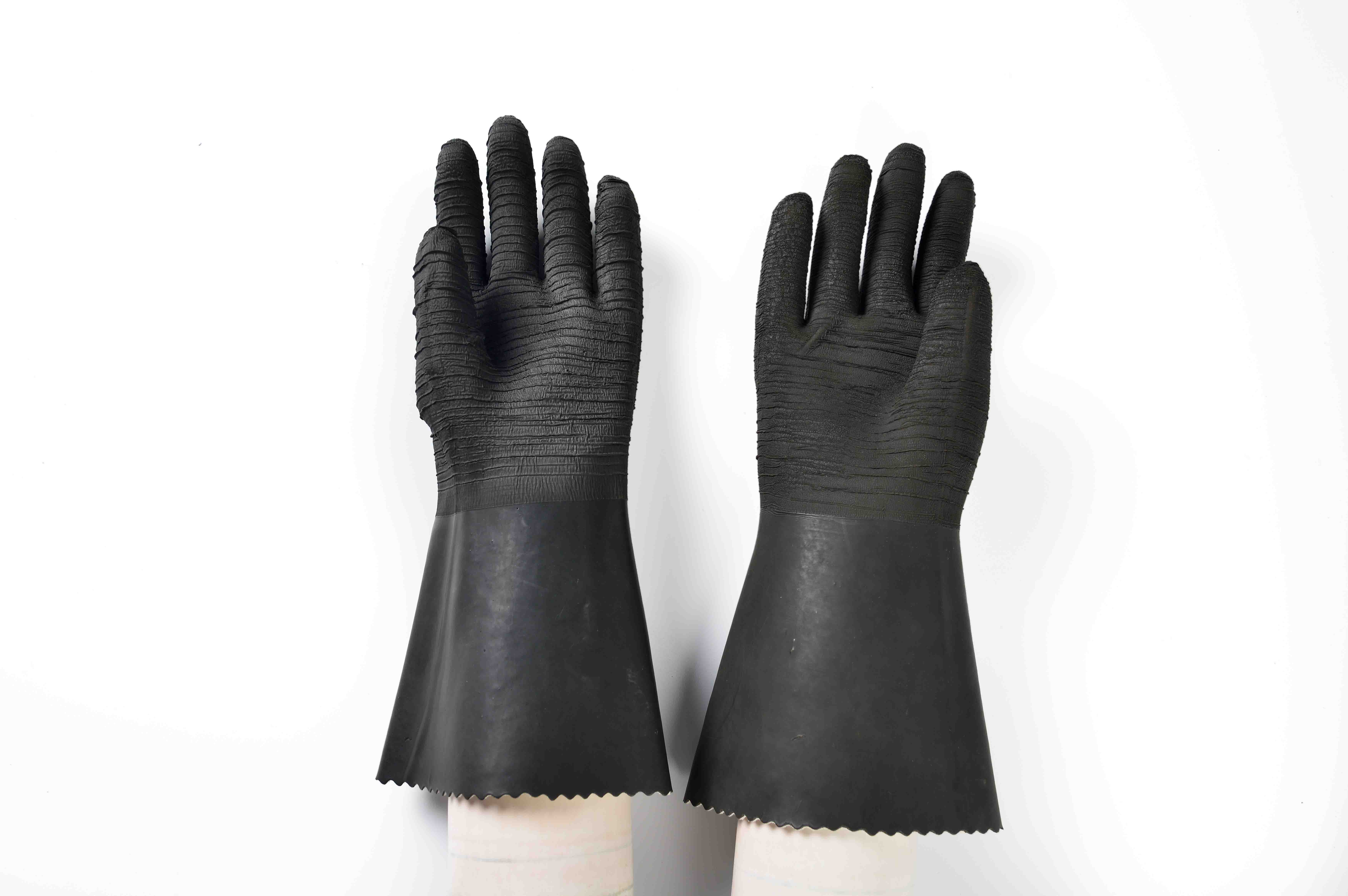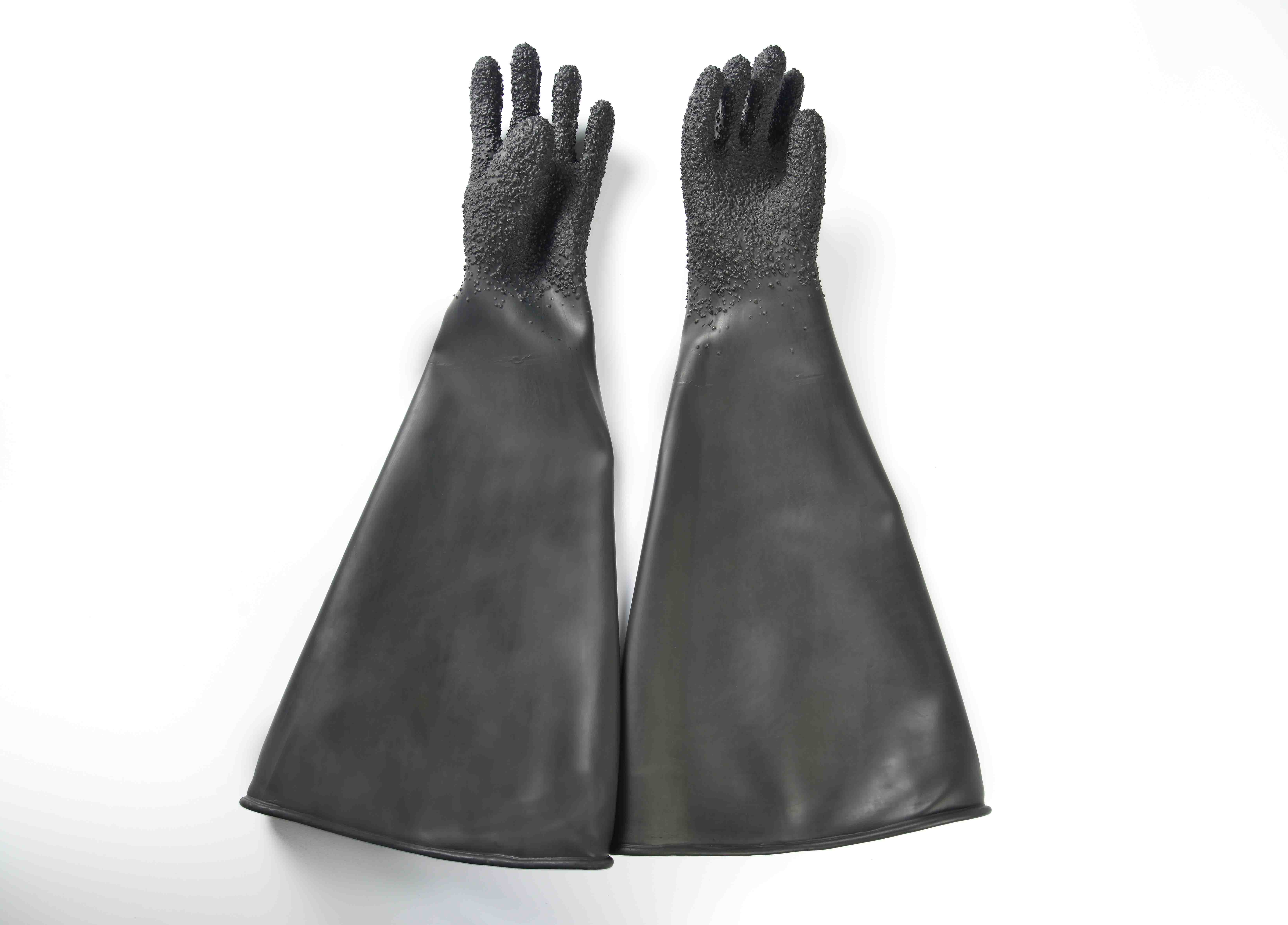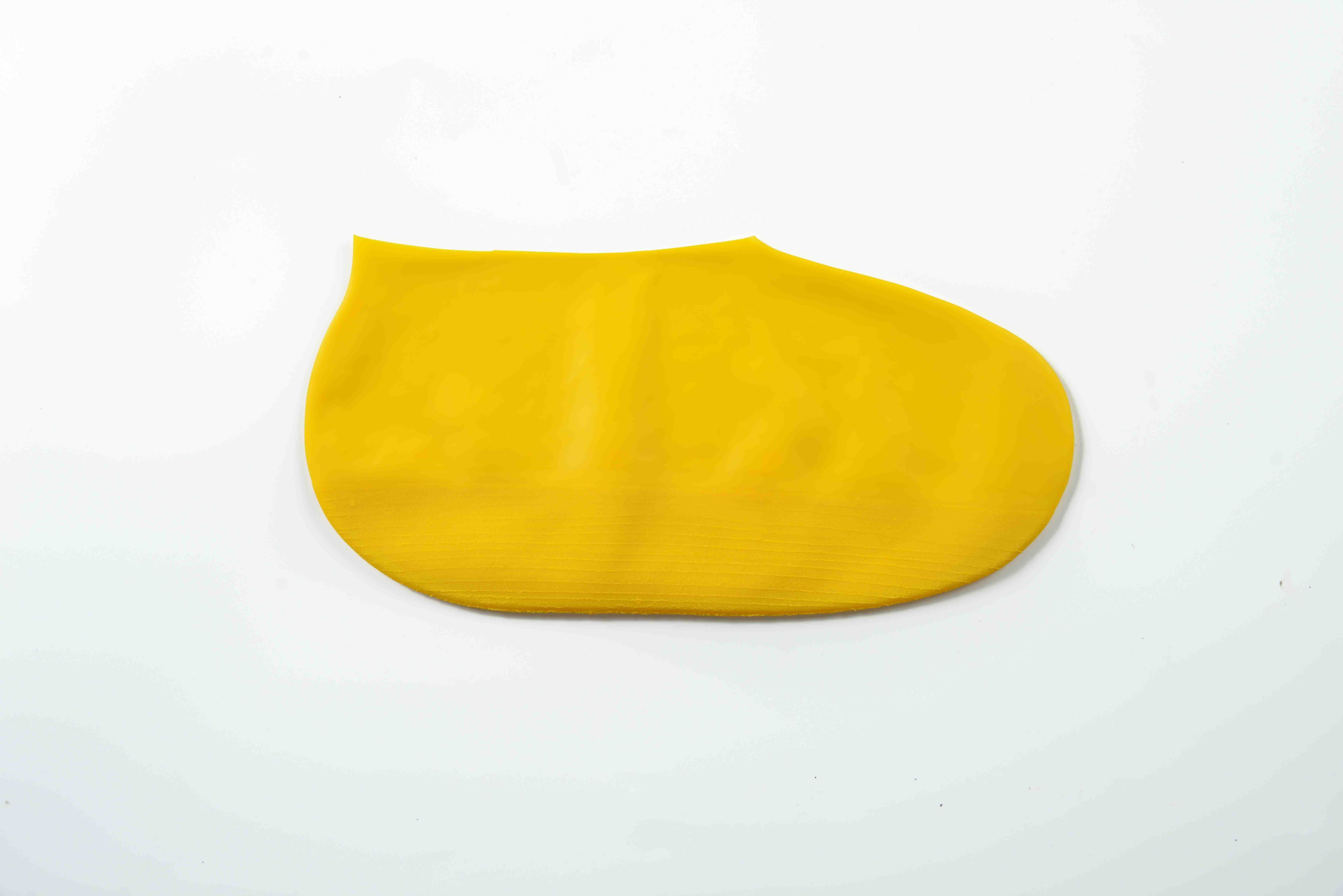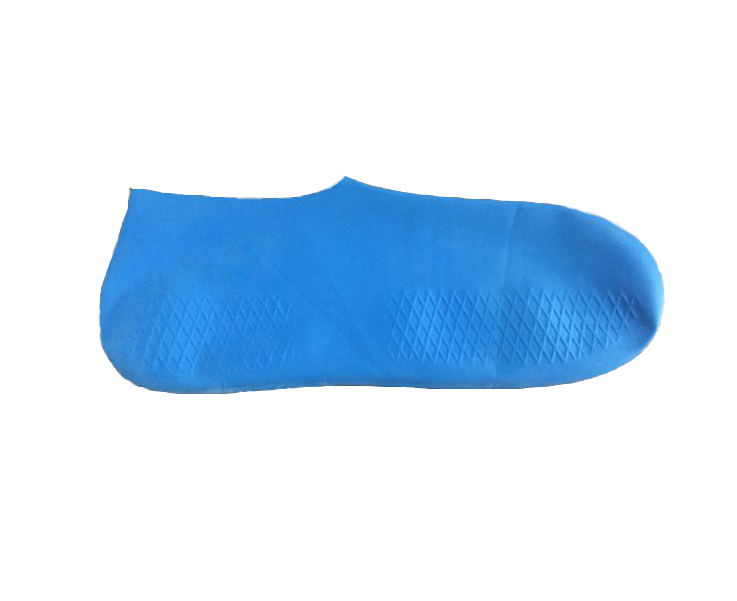Big discounting Isolater rubber sleeve to Romania Manufacturer
Short Description:
14”length (35cm), black, smooth finish, seamless, no cotton lining, 350g/pair, cuff perimeter:61cm, double layer thickness:2.2mm. 40 pairs/case. Net weight: 12.8kg/case, gross weight: 13.8kg/case. It can be suitable for sand blasting machine, dry box, isolater operation for arm protection.
Product Detail
FAQ
Product Tags
Our company since its inception, always regards product quality as enterprise life, continuously improve production technology, improve product quality and continuously strengthen enterprise total quality management, in strict accordance with the national standard ISO 9001:2000 Big discounting Isolater rubber sleeve to Romania Manufacturer, We will wholeheartedly welcome all clients in the industry both at home and abroad to cooperate hand in hand, and create a bright future together.
14”length (35cm), black, smooth finish, seamless, no cotton lining, 350g/pair, cuff perimeter:61cm, double layer thickness:2.2mm. 40 pairs/case. Net weight: 12.8kg/case, gross weight: 13.8kg/case. It can be suitable for sand blasting machine, dry box, isolater operation for arm protection.
FAQ Content
www.alphalokgraphics.com
website:http://www.nmsafety.com/
Nano-Metre Industrial Limited was established in 1998, which has headquarters in Shanghai and three factories in Jiangxi, Jiangsu and Shandong province.Today Nano-Metre has become one of the leading manufactures in safety field. With more than 600 experienced employees, 15 modern auto-production lines and over 1000 advanced auto knitting machines in the factory, Nano-Metre is capable of developing and producing professional PU dipping gloves, Nitrile dipping gloves , Latex dipping gloves,PVC gloves and mechanical gloves for customers.

